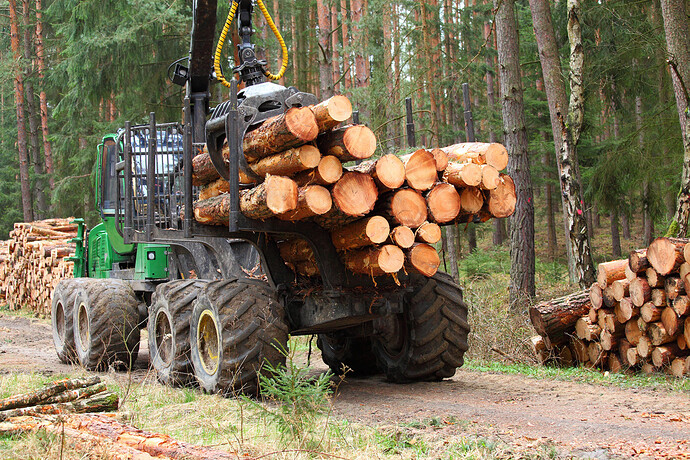Scott Reaves, the director of forest operations at Domain Timber Advisors, shed light on the state of the timber industry in the first quarter of 2023 and shared his optimistic outlook for the sector in the coming years.
In an interview with Lesprom Network, Mr. Reaves acknowledged a mild weakening in timber demand and pricing during the first quarter, attributing it to a decline in housing demand, high interest rates, and financial volatility. However, he expressed confidence that these factors would improve in 2024 and beyond. Mr. Reaves pointed out that the U.S. had experienced a significant underbuilding of housing stock, and with the millennial generation reaching home-buying age, there would be a growing need for additional housing.
Despite expectations of a slight retraction in timber demand for the remainder of 2023, particularly for pine lumber due to the decline in housing demand, Mr. Reaves remained positive about the industry’s prospects. He emphasized that housing, finished wood products, and the pulp and paper sector continued to drive timber demand.
Institutional demand for timberland ownership emerged as a noteworthy trend. Mr. Reaves highlighted that this increased interest boded well for timber investment valuations. He explained that timber had long been recognized as a favorable asset class during times of financial volatility and inflationary environments due to its low correlation to the marketplace and other asset classes, as well as its stability in valuation.
Over the past two years, Domain Timber Advisors has seen an increase in demand for small plots of land. Mr. Reaves confirmed that this trend is expected to continue, fueled by a boom in activity both before and after the COVID-19 pandemic. As city dwellers sought rural escapes outside of metropolitan areas, too. The U.S. South especially benefits from this trend, thanks to an influx of population.
Regarding the state of the banking industry and its impact on investment behavior, Mr. Reaves noted that while there hadn’t been a significant surge in timber investment interest resulting from the current banking crisis. He predictes that investors flight to quality assets will include timber investments, alongside other traditionally less volatile asset classes. “In fact, timber has long been recognized as a favorable asset class to own during financial volatility and inflationary environments because of its generally low correlation to the market and other asset classes, along with valuation stability”, said Mr. Reaves.
